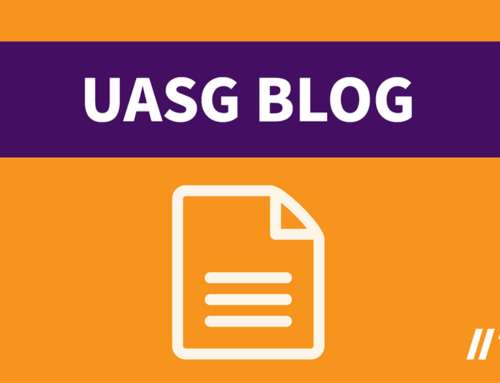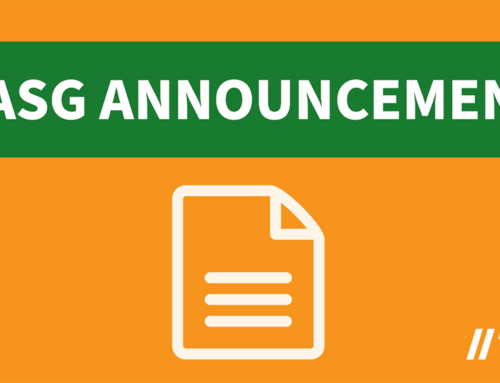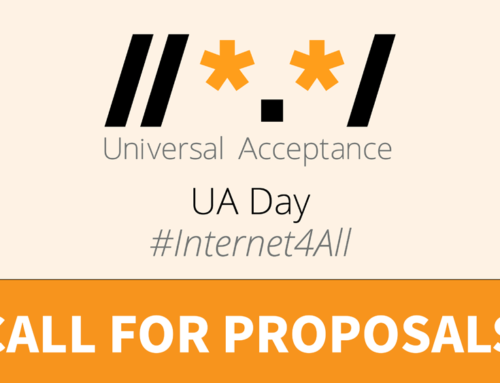By Ram Mohan
With the start of the new year, I’m reminded of the important progress we’ve made as the Universal Acceptance Steering Group (UASG). Over the past 12 months, our community-led team of industry leaders has advanced the effort to prepare the online community for the next billion Internet users.
While Universal Acceptance (UA) is a technical process, it has very practical implications, especially in the age of globalization.
From a technical standpoint, UA ensures Internet applications and systems treat all top-level domains (TLDs) and emails based on those domains consistently – including TLDs in non-Latin-based languages and those with TLDs with more than three characters. For Internet users and consumers, it ensures that people who identify more with these new extensions can continue to use online systems, such as a web form, without receiving an “error” or “invalid address” message.
UA is critical to the continued expansion of the Internet as it allows governments, organizations and other online entities to serve populations around the world in their local languages, while also giving end users the choice to identify with their preferred domain name and e-mail address. This enables a true multilingual Internet and the ability to:
- Connect the next billion Internet users
- Bring better accessibility to the world via internationalization of the Internet
- Enable culture, society and economics
- Deliver a better User Experience (UX), resulting in better customer satisfaction and retention
- Increase revenue growth opportunities for businesses
- Drive engagement with new audiences
- Mitigate risk
The UASG, in partnership with ICANN and other members, has made substantial progress raising awareness of UA, including the launch of a dedicated website (www.uasg.tech) and informational video, along with a comprehensive collection of educational resources, which were outlined in Cyrus Namazi’s recent ICANN blog post. Key documents of note include:
- One-page fact sheet aimed at the C-suite, ministers and leading influencers (UASG003)
- Comprehensive FAQ (UASG011)
- Quick Guide to Universal Acceptance aimed at senior IT leaders; available in nine languages, including Chinese (UASG005)
- List of working domain names and email addresses that developers can use to test their applications (UASG004)
- Comprehensive 40-page technical guide to Universal Acceptance aimed at developers and systems architects (UASG007)
A full list of resources and documents can be found at https://uasg.tech/documents/.
In the months ahead, the UASG will work to further UA efforts by working to get the most popular open source programming language libraries UA-ready. We will also continue to help raise awareness of the importance of UA through various initiatives, including a white paper that details the economic, social and cultural benefits of UA readiness, case studies on how companies are specifically addressing UA within their organization, and additional tools and resources to help with UA implementation. We are also encouraging cooperation among major e-mail software and service providers to pursue EAI (Email Address Internationalisation).
As we celebrate the work accomplished in 2016 and the road ahead, I personally want to thank the many companies, governments and community groups (including Afilias, Apple, Google, GoDaddy and Microsoft, among many others) that are involved in the UASG. We are thankful for their continued partnership around this critical cause.
By making UA a priority, we can ensure the Internet of tomorrow accepts the languages and technologies of today.






